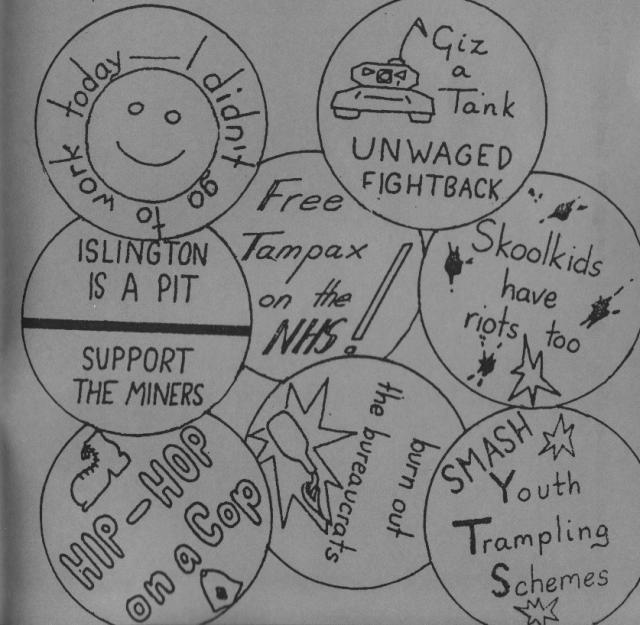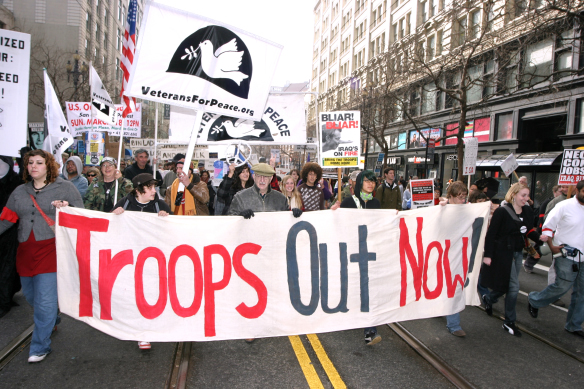The motion was part of a radical package proposed by the LEFT Alternative councillor Michael Lavalette (pictured right) and actively supported by left-wing Labour councillors in the city.
The motion also proposes that the council should commit to the principle of establishing a local power company, under local authority control, which will provide cheap, carbon neutral energy to the local population.
Cllr Lavalette, who proposed the motion, said:
This is an incredibly significant motion. When it is implemented - alongside other motions we have passed on public transport systems - it will make Preston one of the greenest cities in Britain. But the motion also puts us in line to be the first significant employer to recognise trade union environmental reps. The unions will be important players if we are to tackle climate change; it is only right that they and their members are given a recognised role in setting and implementing carbon emission targets.
Labour Deputy Leader Matthew Brown added:
Setting up a local power company is a realistic possibility. It allows us to deal with issues associated with climate change and carbon emissions, and, at the same time, allows us to provide cheap fuel for the people of Preston, some of whom are amongst the poorest in the country.
Both councillors said they hoped that the Preston motion would become a model that other councils would follow. The full motion is as follows:
Preston City Council notes:
1. The continuing threat from abrupt climate change.
2. The world's leading scientists and recognised climate change authorities note that if action is not taken to reduce greenhouse gases (CO2 equivalent emissions) within 30 years there is likely to be an irreversible effect on the Global Climate.
3. The Government's Royal Commission on Environment Pollution has predicted that the target reduction in greenhouse gases, expressed as CO2 equivalent emissions, should be 60% by 2050 and 80% by 2100.
Preston City Council further notes:
1. The efforts made by Woking Council to adopt a comprehensive Climate Change Strategy on a scale that is likely to meet The Royal Commission on Environment Pollution targets of 60% reductions of CO2 equivalent emissions by 2050 and 80% by 2100.
2. That Derby Council have a five year strategy to achieve a 25% reduction in carbon emissions and Norwich council have an annual reduction target of 6%.
3. That the TUC (via its Green Workplaces Project) and its affiliate unions are actively campaigning for employers to recognise 'environmental representatives' with a role in setting CO2 reduction targets, initiating workplace environmental audits and educating members on green and sustainability issues.
Preston City Council resolves:
1. To use solar panels on the Town Hall as a means of meeting energy needs and reducing CO2 emissions
2. To commit to the principle of establishing a local power company within Preston, in local authority ownership, to generate power for the area and investigate how this can be implemented.
3. To use sustainable combine heat and power sources of energy in the City Council buildings - discouraging the production of CO2 type gasses.
4. To increase use of photovoltaic and renewable energy
5. To investigate improvements to insulation in all council buildings and workplaces.
6. To incorporate planning policies which will ensure that new developments in the City reduces CO2 equivalent emissions of greenhouse gases.
7. To establish a carbon neutral approach to the future of services and activities within the City
8. To make progress as speedily as possible on the long-delayed City Council travel plan, aimed at reducing car use for travel to work and staff (and member) travel on business.
9. To enter negotiations with all local authority trade unions to recognise environmental representatives, and to establish with the unions the active role of the representatives in achieving the council's carbon emission targets.

























